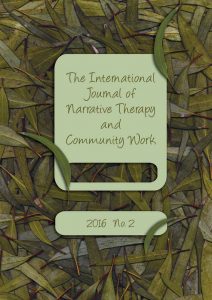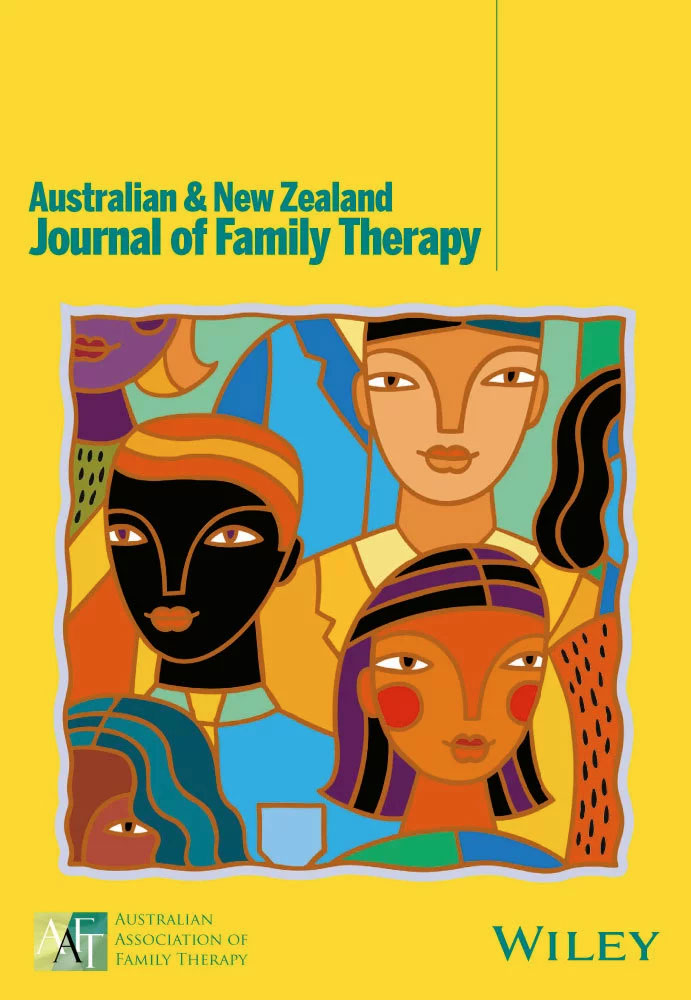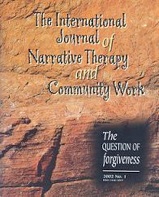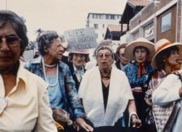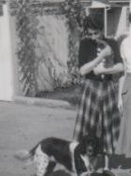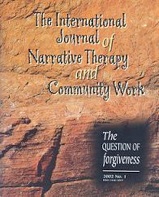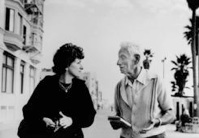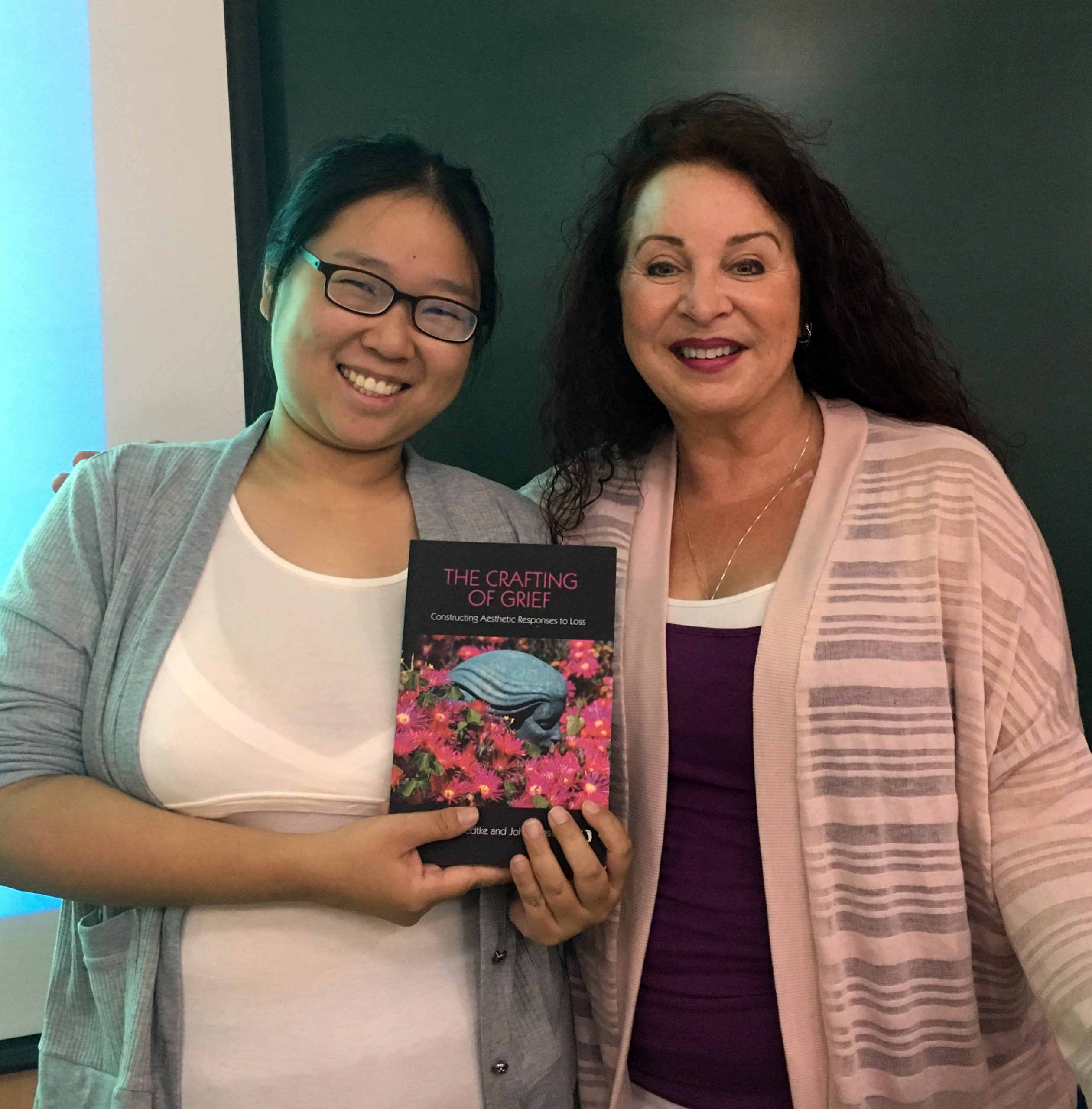When a baby dies, before or after his or her birth, we (counsellors and lay people alike) are often at a loss as to how to help. This article addresses the delicate conversations needed to demonstrate how relational narratives can live on after the death of a baby
whether he or she dies in utero, miscarried or born still. Using re-membering practices and narrative counselling, we explore how a deceased child’s ongoing identity can continue to inform sustaining narratives for those living with grief.
Articles
Still Alive
Creating Stories of Hope
A narrative approach allows psychosocial teams to stand alongside children who have cancer, or life-threatening illnesses, and their families at critical times and to create stories of agency. Rather than dwelling on stories of loss and despair that potentially enfeeble families, a narrative approach builds on stories of strength that engender hope by asking questions that separate the person from the problem. Developing such stories supports people in taking action against the effects of cancer. It also facilitates the formation of a legacy that can sustain family members, even after the death of a child. This legacy serves as the foundation for remembering the dead, folding their stories into the lives of the living, and constructing lines of relational connection that can transcend physical death. Not only do families benefit from this approach, but the psychosocial team that provides professional and medical services can be uplifted through witnessing practices of strength and love in the face of hardship.
Trafficking in the World of Possibilities
Exploring the further ramifications of the subjunctive mood and mode of thinking about possibilities that it enables. We are interested in its usefulness for the purpose of conducting conversations about death, grief and bereavement. Some things can be more easily talked about in a the subjunctive than in the indicative mood after a person has died. How are conversations with the bereaved difference when we speak imaginatively in the ‘as if…’ frame that would be impossible within the harshness of a realist indicative ay of speaking? What aspects of relationship are affirmed and strengthened when we speak hypothetically? Could possibility open doors (or perhaps move unyielding traffic) to a more livable reality when we enlist a subjunctive auxiliary verb or two?
There’s got to be a better way: A Review of “Next to Normal”, a musical production
The themes of conventional grief psychology can be found in unsuspecting places. These ideas shape our experiences without our even noticing at times. Recently, while attending the musical production Next to Normal, Lorraine was overcome by a reminder of the profound pain produces by the conventional psychology of grief.
Michael White: Fragments of an Event
The authors of this article present present here fragments, reconstructed from memory, of Michael White’s last workshop. These fragments are interspersed with descriptions of events that took place in San Diego in the days leading up to Michael’s death. The author’s focus here is not on the medical details, nor on the private family stories, but on the task of recording Michael’s last efforts to teach. Our hope is to play a small part in allowing his words to continue to resonate.
Between Worlds: New Ideas in the Theory and Practice of Grief Counseling
As appeared in NASW Specialty Practice Sections newsletter
Social workers routinely work with clients who are living with grief but often are not trained in how to have effective conversations to help bereaved people. This brief article addresses how social workers can best support those who are facing the death of a loved one, both recently as well as a death that may have been many years before.
Growing Our Love Stories After Death
An interview from Insight Magazine, Australia
Philip Bradbury talks to Lorraine Hedtke about how to retain loved ones stories and how to keep love incorporated into our lives after they have died.
The Use of the Subjunctive in Re-membering Conversations with Those who are Grieving
The subjunctive voice is often disparaged as no longer of any use in the English language. In this article the subjunctive is argued to have a special place in the construction of possibility for people who are grieving. A case study is illustrated to showcase a re-membering conversation; that is, one in which relational and community membership is considered to live on in a narrative sense after biological death. The argument is that such conversations can produce more sustenance for people in a time of grief than the usual emphasis on confronting “reality” and accepting loss.
The Origami of Remembering
Much of work in grief psychology has focused on ‘letting go’ and ‘saying goodbye’ to those who have died, the ideas in this paper offer an alternative path. When working with people who are living with grief, finding ways to honour and ‘keep alive’ the relationship with the person who has died can be sustaining and hopeful. In this article, Lorraine introduces the metaphor of ‘origami of remembering’, using origami to describe the process of folding and re-folding the stories of people’s lives and how they are linked to those who have passed away.
Reconstructing the Language Of Death And Grief
From Illness, Crisis & Loss Volume 10. No.4, Oct. 2002]
While death is a biological event, the ways in which we make sense of it are shaped by the social discourses of the worlds in which we live. A narrative and social constructionist therapeutic approach opens new practices of conversation with those who are dying or bereaved. These practices emphasize the ongoing story of relationship. Stories are encouraged to bring forth and develop positive connections following death to support a position of agency, hopefulness and legacy. From this perspective, grief too becomes an evolving and creative opportunity for story development rather than an unpleasant task to be worked through as quickly as possible.
The Forum : Re-membering Practices
A brief article that appeared in the National Association of Death Educators newsletter, The Forum. Narrative practices with death, dying and bereavement stand in sharp contrast to how death and grief has been previously storied. This article explains some of these dramatic differences. Specific attention is given to discuss the practice of remembering conversations as an alternative to notions like “closure”, “unfinished business” and “acceptance”. While these ideas may be helpful for some, they offer a limited and sometimes problematic view of death & grief.
Stories of Living and Dying
From Gecko: a journal of deconstruction and narrative ideas in practice. [2001: Issue 1]
From the editors desk: “The following paper, by Lorraine Hedtke, was given as an evening keynote presentation at Dulwich Centre Publications International Narrative Therapy & Community Work Conference, in Adelaide, in February 2001. Lorraine’s presentation received profoundly good feedback as practitioners spoke of how it offered them new ways of relating to those who are facing death, as well as new ways of speaking with their families.”
Re-thinking Deathbed Forgiveness Rituals
In this article, ideas of forgiveness & death are explored. Medical models of death and bereavement have, at times, promoted unnecessary deathbed conversations and confessional acts of contrition. In an awkward attempt to rush the process of forgiveness, often people are left with more distance from their connections with their deceased loved ones. This article also offers some alternatives to commonly held assumptions in the discourse of forgiveness.
An Afterlife of Stories
This brief piece from the Thanantology Newsletter speaks to the power of narrative in addressing spiritual questions. A narrative approach has the ability to transcend physical and spiritual realities. The article explores how narrative practices can support conversations with dying people to include and incorporate their spiritual beliefs and practices. Rather than imposing any one monolithic story of death and an afterlife, narrative counseling expands the ways in which we can speak about death and grief.
Conversations that explore the meaning of spirituality when death is present, can construct avenues that promote practical decisions, and positive meaning-making in the face of death. If our stories transcend our physical death, then knowing how a story continues to progress, and how to access this, can feed a sense of relationship over the many years following the death.
Multiplying Death, Dying & Grief Narratives
This paper was in the conference proceedings report for an NZAC conference that took place in Hamilton, New Zealand in June 1999. During the workshop, commonly held assumptions in counseling professions about death, dying and grieving were explored. The worksop addressed influences and stories that dictate a “perfect death” and a “perfect bereavement”. How do these models evolve into dominance & what communities contribute to these conversations? How does diverse medical, cultural, religious and counseling voices contribute to conversations of death and grief? We also explored the impact of incorporating alternative voices of imperfection that narrate death and grief as a non-ordered, unpredictable and expansive process.
Dancing With Death
From Gecko: a journal of deconstruction and narrative ideas in practice. [2000: Issue 2]
This introductory article offers a primer of sorts into the world of re-membering. The family in this story shows the reader a wonderful example of how stories that might appear tragic and limited with bleakness are only one story that can be told. The hope and resilience that opened in just a few short hours in the face of impending death speaks to the stories of life that can be present when death is near. This article acknowledges that people’s lives can be positively impacted even when we only have brief therapeutic conversations.
Read ‘Dancing With Death’
Dancing with Death is also available in Spanish and German.
